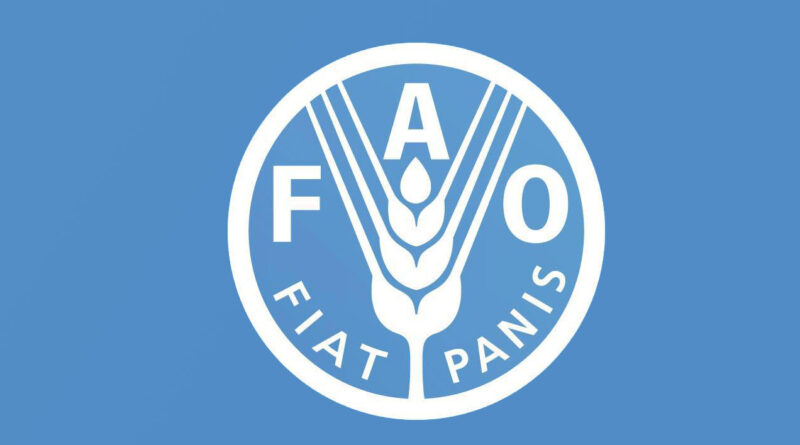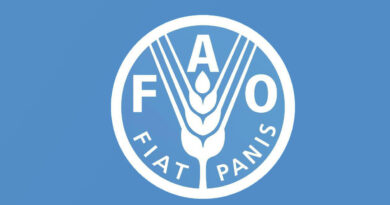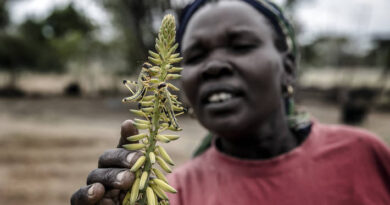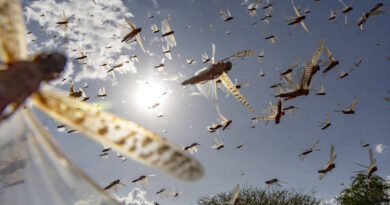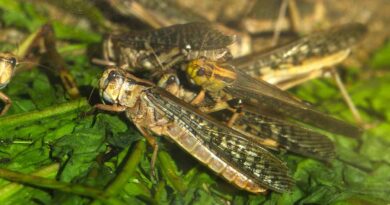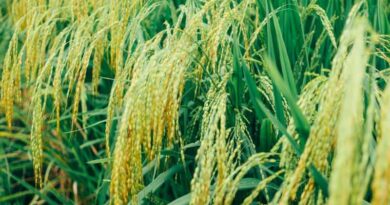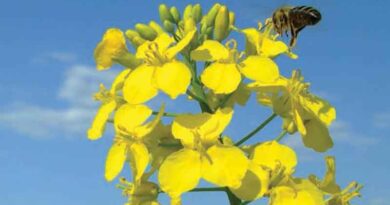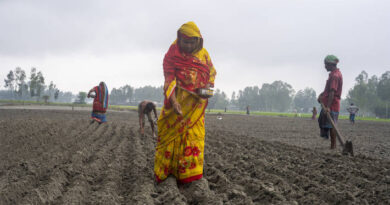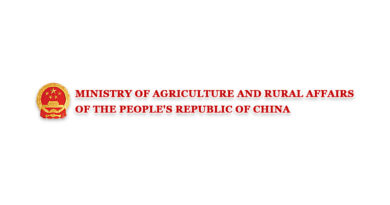FAO Regional Office for Near East and North Africa
Efforts critical to safeguarding agriculture-based livelihoods as potential locust upsurge threatens to worsen an already precarious food security situation
27 September 2021, Africa: A renewed Desert Locust control campaign has been launched in the Yemeni governorates of Lahj, Abyan and Shabwah, as the Food and Agriculture Organization of the United Nations (FAO) and the World Bank continues their partnership to support Yemeni authorities in the fight against the Desert Locust.
Intensified control efforts to defend against the locust, widely acknowledged as the world’s most dangerous migratory pest, come after increased breeding activity was observed in the targeted areas. This is due to favourable breeding conditions triggered by heavy rains and floods in July and August, providing ideal ecological conditions for the locusts to multiply and spread rapidly. Over 30 Desert Locust control field officers and technicians have been equipped and deployed to infested areas throughout the three governorates in a bid to contain the spread of the pest, which if not urgently addressed, can cause substantial damages to pasture and crops across the country, threatening the food security of agriculture-based communities that are already on the brink.
Also Read: FICCI’s conducts 10th Agrochemical Conference 2021on Sustainable Growth of Agrochemical Industry
FAO Representative in Yemen, Dr Hussein Gadain, stressed the need for continued, concerted efforts to confront the spread of the locust, emphasizing its potentially devastating effects on food security in an already fragile context. “A single swarm can duplicate 16-20 times in less than three months if it is not controlled. Coordinating early intervention and early control actions such as these therefore saves time, effort and costs, and reduces the chance of Desert Locust infestations spreading to other regions”, he added.
Dr Gadain expressed his gratitude to the World Bank for its continued support to Yemen’s Desert Locust response, citing the Bank’s integrated support to improving food security in Yemen through multiple projects that are providing rural families with opportunities to build sustainable livelihood options. Dr Gadain reiterated FAO’s commitment to continue using its technical expertise in the fight against the devastating pest, and called for continued financial support to lessen local infestation in key breeding grounds to prevent new locust swarms from invading neighbouring countries.
The 2-month long campaign, which started at the beginning of September, will extend to the winter breeding season. Desert Locust field teams will track locust activity and status through the implementation of field surveys and rapid interventions that will control local breeding. According to Ashraf AlHawamdeh, FAO’s Emergency Desert Locust Control Project Manager, about 67 1244ha of land has been surveyed during this year’s winter and summer seasons from March to September 2021. “We expect the current surveillance and control operations to reduce the numbers and sizes of infestations and lessen any additional breeding, reducing the risk to crops and pasture”, he explained further.
Since 2020, FAO and the World Bank have been working with Yemeni authorities to combat locust swarms through national control campaigns targeting seasonal breeding areas across the country. Through the current Emergency Desert Locust response project financed by the Bank, FAO is supporting the restoration of livelihoods in locust-affected areas and the establishment of a national network of Desert Locust Control Centers (DLCCs) that will include early warning and response systems to allow authorities to rapidly respond to new locust infestations. The warning and response system will be connected to FAO’ Desert Locust Information Service, a global service that receives and analyses data from locust-affected countries to issue warnings and alerts, promoting collaboration among countries and keeping the global community informed on locust developments.
FAO supported Desert Locust control operations have benefited thousands of agriculture-dependent communities whose resilience and coping mechanisms have been eroded by almost seven years of conflict. In 2021, FAO is seeking 90 million dollars to reduce acute food insecurity and safeguard the livelihoods of 6.3 million vulnerable Yemenis.

